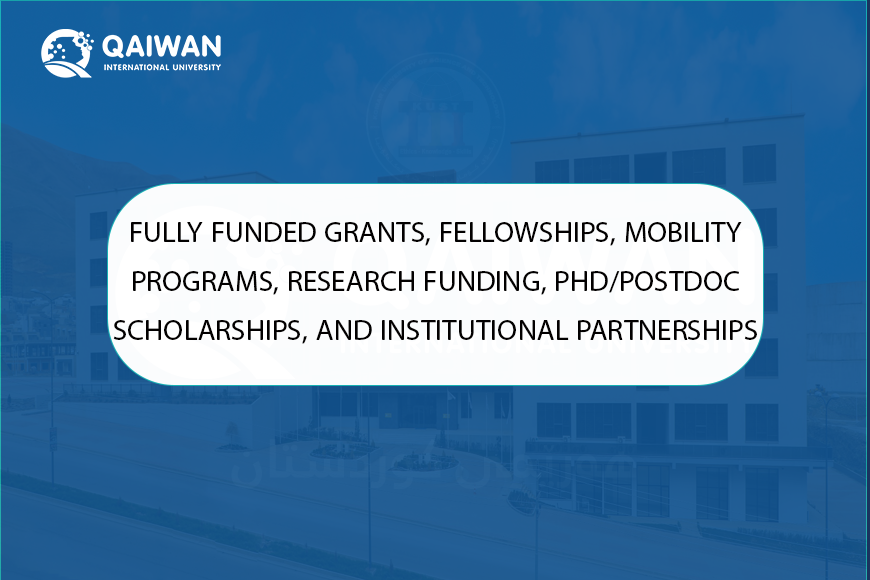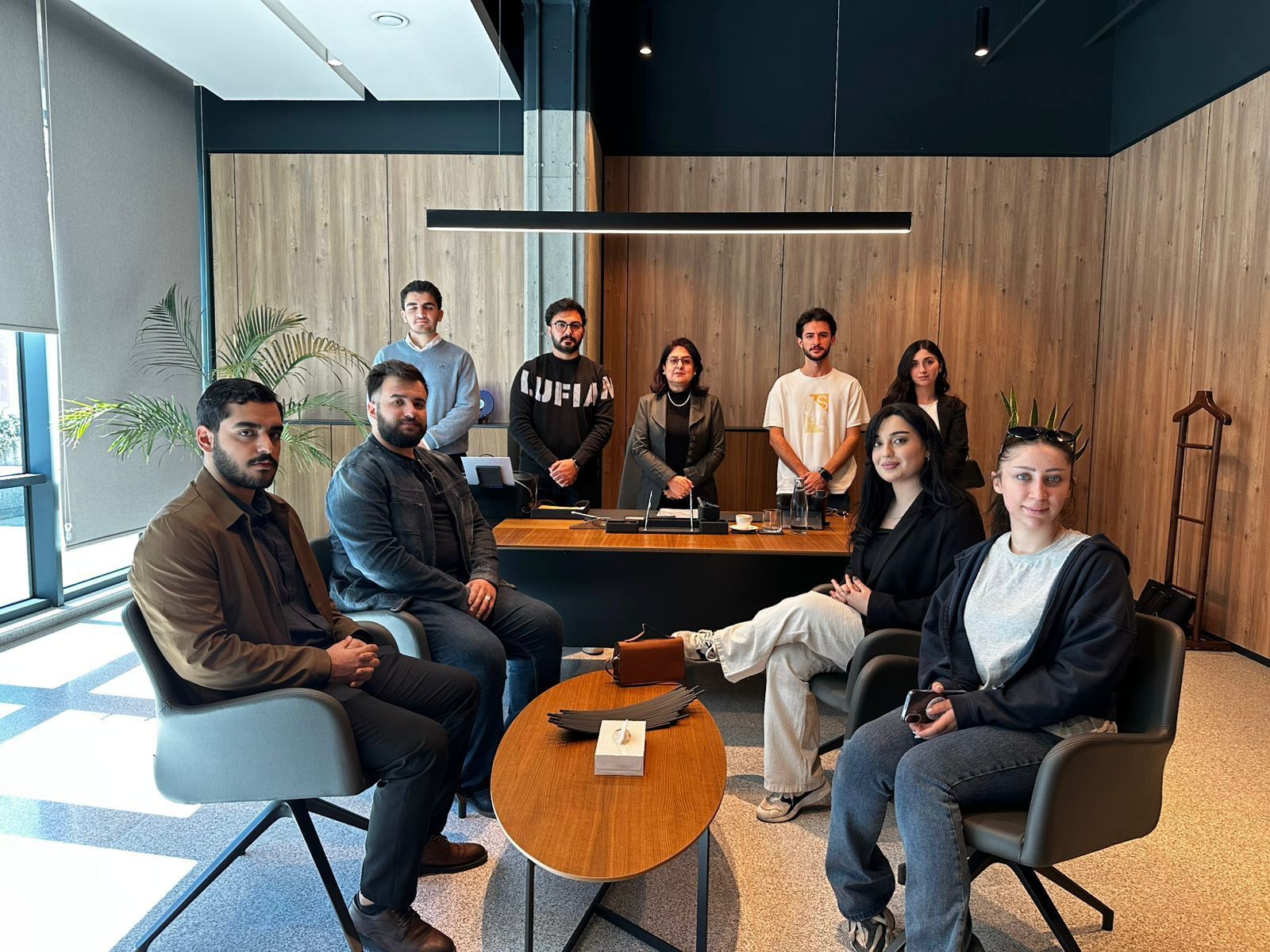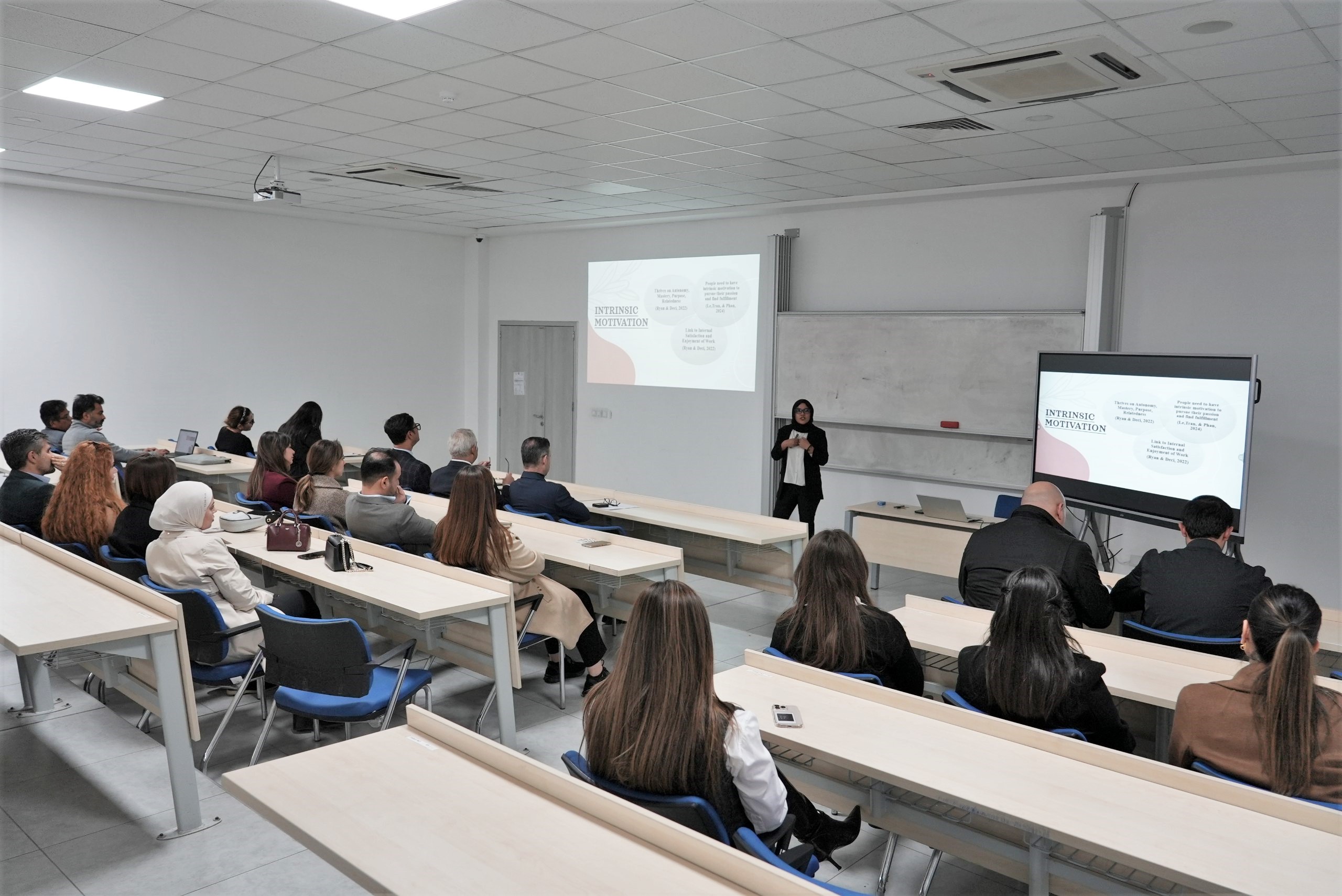
Research Idea to Scientific Data generation in Lab
Dr. Omji Porwal
Director of academic research
Professor, Faculty of Pharmacy
Key
Characteristics of a Good Research Idea:
- Originality: It should add something new
or offer a new perspective.
- Relevance: It should be important to
the scientific community, society, or industry.
- Interest: It should be something you
are passionate about.
- Clarity: It should be clear and
focused, not too broad.
How to
Generate a Research Idea:
- Review recent journal articles
and research papers.
- Attend academic seminars,
workshops, or conferences.
- Identify gaps or unanswered
questions in your field.
- Discuss with peers, mentors, and
professionals.
- Reflect on practical problems
observed in real-world settings.
2. Research
Proposal
Main
Components of a Research Proposal:
|
Section |
Purpose |
|
Title |
Clear and concise statement of the research topic |
|
Introduction / Background |
Provides context, explains the problem, and reviews
related research |
|
Problem Statement |
Defines the specific issue the research will
address |
|
Research Questions/Objectives |
Outlines what the research aims to achieve |
|
Hypotheses (if applicable) |
States the expected outcomes |
|
Methodology |
Explains how the research will be conducted
(design, methods, tools, sample size, data analysis) |
|
Timeline |
A schedule of key activities and milestones |
|
Budget |
(if needed) A forecast of costs and resources
required |
|
Expected Outcomes |
Describes the possible results and their importance |
|
References |
Cites the sources reviewed |
3.
Feasibility in the Laboratory
Key Points
to Assess Feasibility:
- Resources:Do you have the necessary equipment, instruments, and reagents?
- Technical Skills:Do you or your team have the required technical expertise?
- Time:Is the project timeline realistic for the type of experiments planned?
- Cost:Are the required materials affordable or fundable?
- Ethical Approval:Does your research need ethical clearance (e.g., animal, human studies)?
- Safety:Are there any hazardous materials or risks involved that require special measures?
If any gaps
are found:
- Modify the research design.
- Seek collaborations with other
labs.
- Apply for additional funding or
resources.
- Scale down the project to a
manageable size.
In Summary
we can say 3 below point:
|
Step |
Key Focus |
|
Research Idea |
Finding a novel, important, and clear research
question |
|
Research Proposal |
Structuring your plan and gaining approvals/support |
|
Lab Feasibility |
Ensuring the project can realistically be done with
available resources |





 Huawei Center
Huawei Center